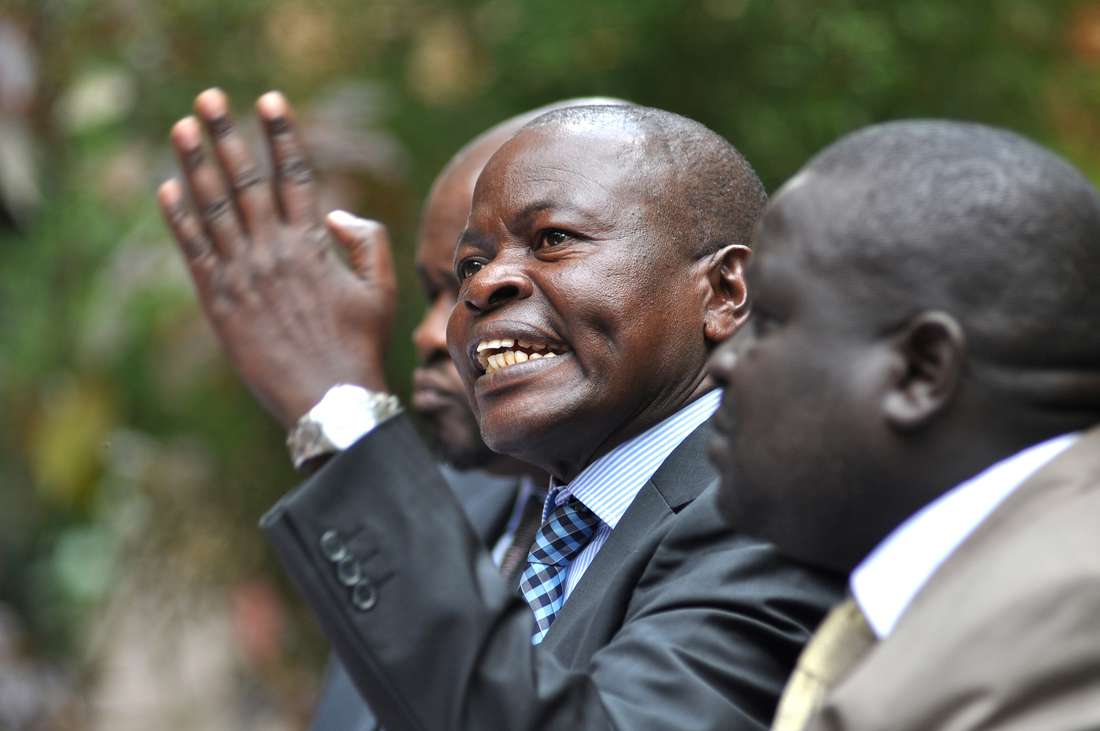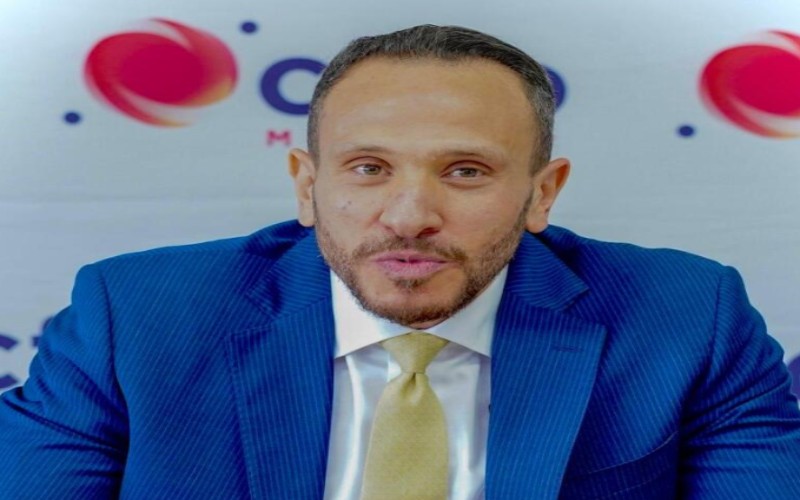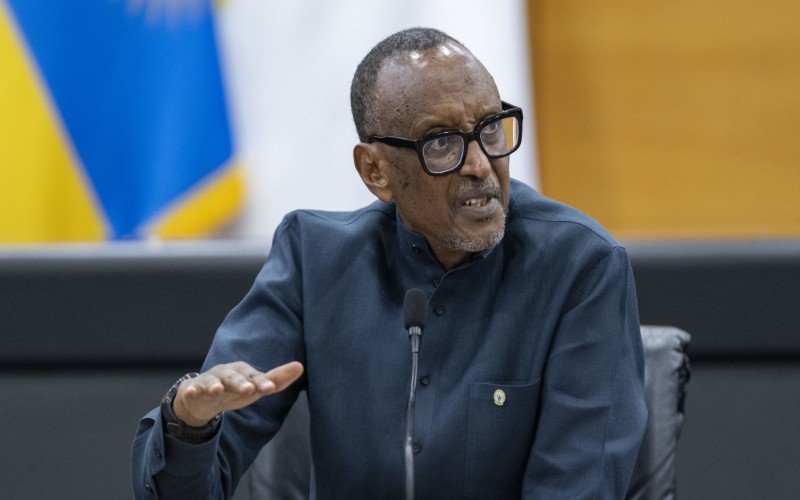KUPPET threatens strike over government plan to scrap Minet teachers' medical scheme

Kuppet insists the existing Minet Teachers Medical Scheme, managed by MKL Minet under contract with the Teachers Service Commission (TSC), is guaranteed by the 2025–2029 Collective Bargaining Agreement (CBA).
The education sector is on the brink of a major crisis as teachers threaten to strike over government plans to terminate their current medical insurance scheme and shift them into the Social Health Authority (SHA) system without proper consultation.
The Kenya Union of Post Primary Education Teachers (Kuppet) insists the existing Minet teachers' medical scheme, managed by MKL Minet under contract with the Teachers Service Commission (TSC), is guaranteed by the 2025–2029 Collective Bargaining Agreement (CBA).
More To Read
- Teachers to stay in same schools after promotions under new TSC policy
- TSC sued over teachers’ migration from MINET insurance to SHA
- Court clears TSC CEO recruitment petition for full trial
- TSC announces recruitment of 9,159 teachers nationwide
- Unions slam TSC over limited promotion slots as 131,000 teachers apply for 21,000 positions
- Senators demand permanent jobs for 20,000 junior secondary intern teachers
This contract runs until November 30, 2025, and any attempt to dismantle it without the union’s consent would violate the agreement and qualify as an unfair labour practice.
Addressing the press in Nairobi, Kuppet Secretary-General Akelo Misori said the government is ignoring teachers on a matter central to their health and dignity.
“The Teachers Medical Scheme is not a token. It is not a favour. It is a right secured through a transparent, painful, and lengthy negotiation process that culminated in the 2025–2029 CBA. Any attempt by the government to dismantle it unilaterally is a gross violation of the law and a betrayal of the very people who sustain the country’s education system,” Misori stated on Thursday.
He warned that if the government pushes ahead without involving teachers, it will be the main reason for a nationwide strike.
“Consider this a threat if you must, but it reflects our firm position. Teachers were not consulted on this matter,” he added.
Misori criticised the government’s plan to enrol teachers in a broad universal health plan that does not acknowledge their specific needs.
He pointed out that other public service groups, such as Parliament, the Judiciary, and universities, continue to enjoy specialised medical cover, questioning why teachers should be excluded.
“We are the largest cadre in the public service and among the highest contributors to the national health pool. Yet we are being treated like second-class citizens. Universities, Parliament, the Judiciary, they all retain specialised cover. Why not teachers?” he asked.
The union revealed that no official communication had come from the TSC or the Ministry of Health about the proposed shift from MKL to SHA, causing worry and frustration among teachers.
“Under the current scheme, we gave up our medical allowance. That money previously enabled teachers to purchase private insurance on the open market. It was consolidated into a pool to fund this comprehensive scheme, but even that is now at risk,” he explained.
Tracing the history of the medical scheme, Misori said teachers first had coverage under IOMINET and Minet before moving to MKL.
He questioned the repeated restructuring and lack of transparency, demanding answers on the whereabouts of the medical allowances.
“Someone must explain where our medical allowances went, and who authorised these transfers without our participation. Teachers must be involved in decisions regarding their healthcare,” he emphasised.
Kuppet only learnt of the government’s plans through media reports and not through formal channels. Misori cautioned that unless the government halts the process and begins urgent dialogue with teachers, industrial action is unavoidable.
“It may appear to be a single issue, but it is a critical one,” he said.
The union also called for a broad national conversation on education sector policies, including teacher welfare, workloads, and funding.
“Only the other day, we were asking for dialogue on the capitation of allowances and the new education frameworks. Now they’re coming for our health. This cannot stand,” Misori concluded.
Top Stories Today












































